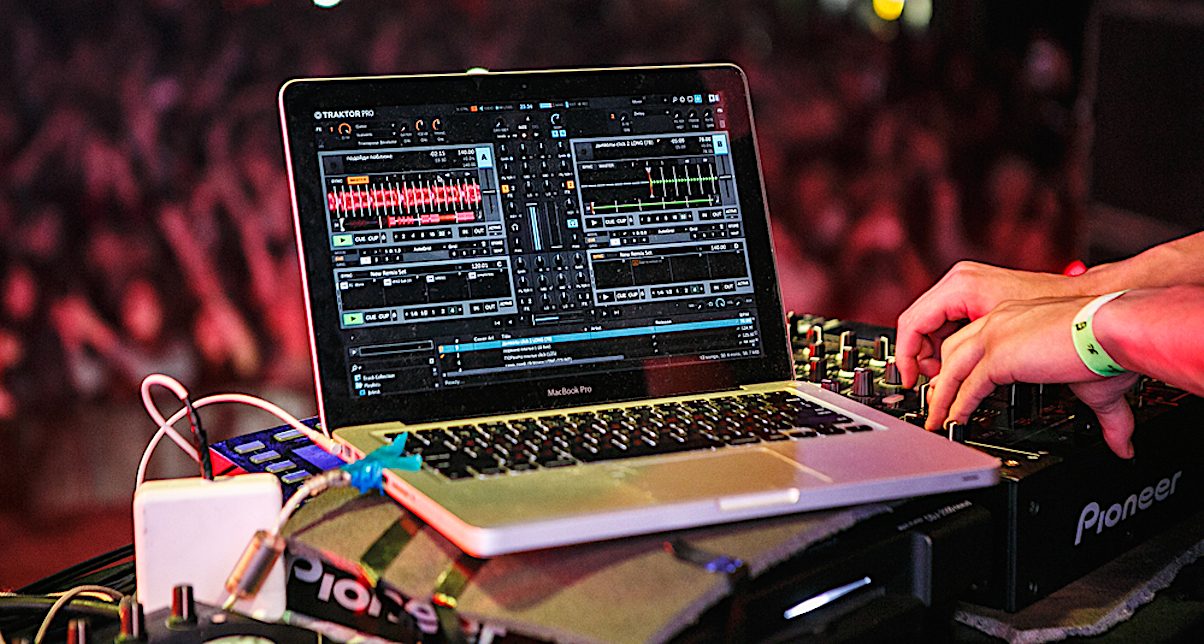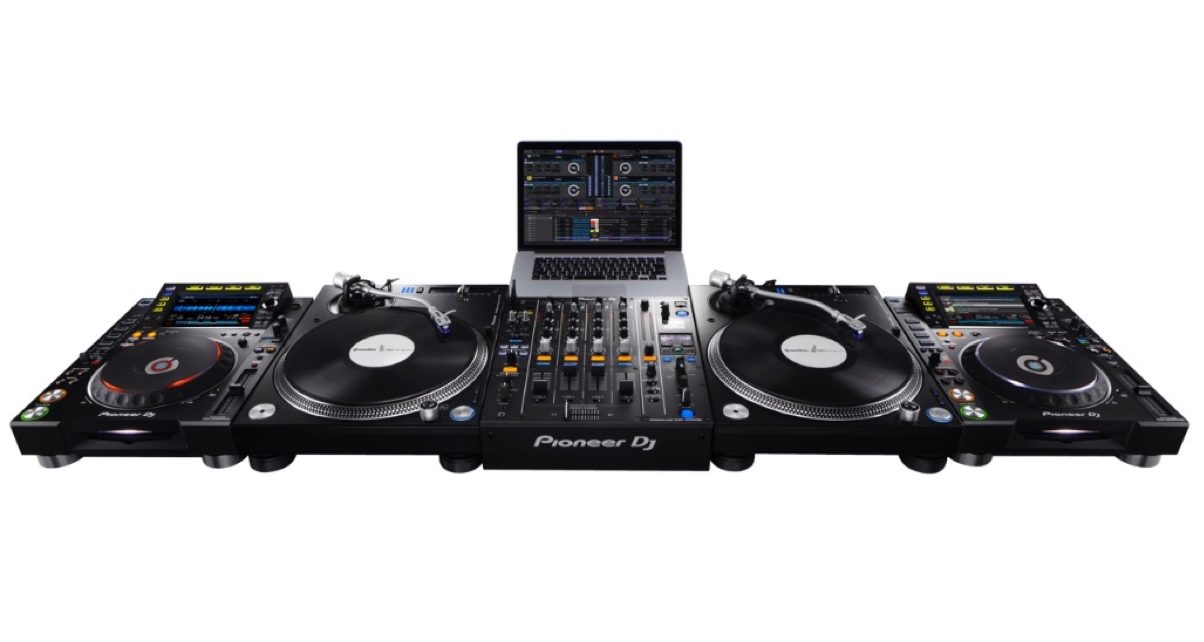
In most countries and throughout the recent history of public performance of music, the person who benefits from the profits of that performance has always had to be the one to pay for some kind of public performance licence. The money from there goes to those who were involved in the making of the music.
So far so good, right? Everyone’s happy! So why is it that in some countries, digital DJs (note: only digital DJs) are now being asked to buy a licence, too?
Come again… digital DJ licence?
You may well blink at that. After all, imperfect though it may be, the system of a venue having to have a licence makes sense, right? After all, the venue ultimately benefits from the playing of music on its premises, in the form of profit. Everyone else (including the DJ – or musicians, come to that) is paid a wage or fee for their work.
Yet in some countries, it seems that’s no longer enough. What I’m about to reveal hasn’t as far as we know been mooted in the USA yet (correct me if we’re wrong), but certainly in the UK, Finland, Canada and Italy, digital DJs now need a licence of their own to perform, and have for quite a while, actually.
The licences are broadly for the privilege of being able to “publicly play digital copies of copyrighted music”. That means you can buy a record, and play it – no licence needed. Buy a CD and play it – no licence needed. But buy a CD and rip it to your laptop to play using Serato or Traktor, or to put onto a USB stick to play in a venue, and you need a licence.
Sound ridiculous? It gets worse. Bought a track on Beatport to play in your next DJ set? Check the small print… Beatport (yes, the DJ download store) only licences you to use that copy for personal purposes. After all, what DJ would ever want to, y’know, play a track bought at a DJ stores in a public DJ set? Outcome? Yup, you guessed it – you need a licence.
(The fact that when they sell you a CD, that is also usually only licensed for personal use makes it even more baffling.)
Oh, and finally, if you remix a track, it appears you’re not covered even if you do buy this licence. So no more little re-edits or mashups done at home then played at the club. I wonder if Stems, Remix Sets or particularly cool DJing count as “remixes”, too? Your guess, dear reader, is as good as mine…

Surely that’s unfair?
It would seem so, wouldn’t it? How can it be seen as anything but discrimination against digital DJs? While we’re all for licence money being collected and distributed to the artists concerned (and we love auto collection of playlists, for instance, to help with that), the fact that you can DJ in these countries using vinyl or CD without a licence, but to play your music in a digital format you need one, is ridiculous – isn’t it?
Also, how exactly can they enforce this? Hang around DJ booths checking if you’re playing CDs, vinyl or digital copies? Slap a fine on you if you’re doing more than just playing a track, doing more than a vinyl DJ could? (“He’s looping! That counts as remixing! Get ‘im!”)
It would be interesting to know whether these licences cover using Spotify and the like in DJ sets (especially as DJ software increasingly includes streaming services), although I’d guess not – after all, that’s an excuse for another licence, right?
Basically this seems to be a classic case of technology moving faster than sensible laws, or if we’re being cynical, a case of introducing a tax where before, there wasn’t one. Either way, we think it’s unfair and introduces unnecessary stress on DJs who now have one more thing to worry about – and to pay for.
• Find out more about the licences talked about here in this Wikipedia article.
What’s the law in your country? Have you got a “digital DJ licence”? Do you have to submit setlists? Ever got in trouble for not having one? Let us know in the comments.







![How To DJ Warm Up Sets [Live DJing Q&A With Phil Morse] How To DJ Warm Up Sets [Live DJing Q&A With Phil Morse]](https://cdn.digitaldjtips.com/app/uploads/2023/06/10150042/546463301-warmpup-blank-website.jpg)
